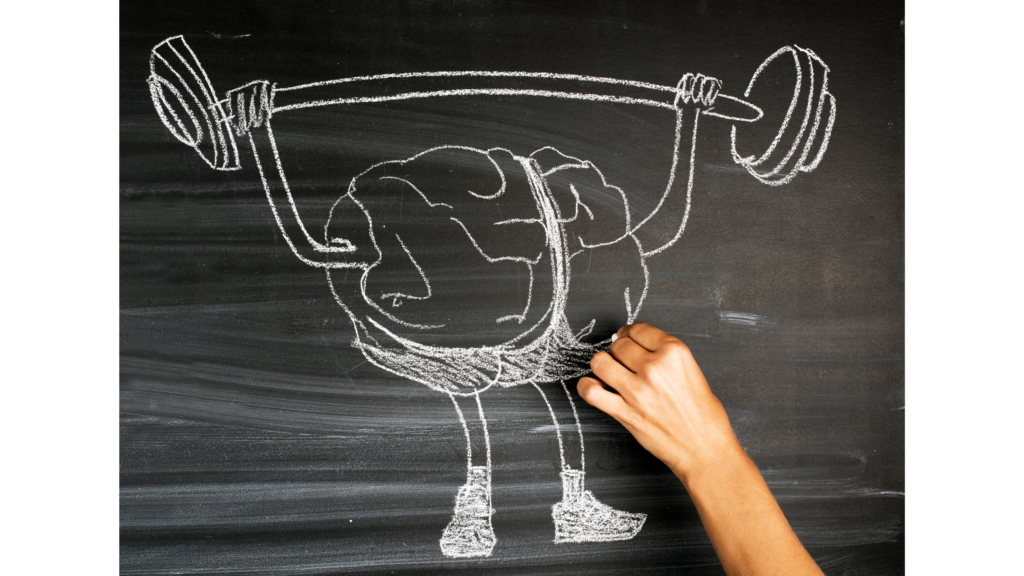Have you ever found yourself reacting emotionally in a heated moment, only to later regret your impulsive response? You’re not alone. Many of us struggle with this dynamic, often wondering why our emotions overpower our rational thinking. In this post, we’ll dive into the psychology behind emotional reactions and explore strategies to help us respond more rationally.
Table of Contents
The Science of Emotional Reactions
Emotional reactions are deeply rooted in our brain’s structure. According to Dr. Daniel Goleman, author of “Emotional Intelligence,” the amygdala—our brain’s emotional center—plays a crucial role in our immediate, instinctual reactions to stimuli. This “amygdala hijack,” as Goleman describes it, can trigger a fight-or-flight response, often bypassing rational thought processes located in the prefrontal cortex.
Why Emotions Overpower Rational Thought
Evolutionary Basis
Our ancestors relied on quick, emotional responses for survival. A sudden rustle in the bushes might have signaled a predator, demanding an immediate reaction rather than a contemplative analysis. This evolutionary trait is still embedded in us, making emotional responses almost automatic. The urgency to react quickly ensured survival, but in our modern world, this often translates to reacting emotionally to stressors that are not life-threatening.

The Role of the Amygdala
The amygdala, an almond-shaped set of neurons located deep in the brain’s medial temporal lobe, is responsible for processing emotions. When we perceive a threat, the amygdala sends signals to the hypothalamus, initiating the body’s fight-or-flight response. This happens in milliseconds, long before the rational part of our brain, the prefrontal cortex, has time to process the information. Dr. Joseph LeDoux, a neuroscientist, emphasizes that this quick response mechanism is a protective measure, but it often leads to impulsive, emotionally charged reactions.
Cognitive Load
When we’re stressed or overwhelmed, our cognitive resources are taxed, making it harder for the prefrontal cortex to engage in rational thinking. This is why, in high-pressure situations, we tend to react emotionally. Dr. Robert Sapolsky, a neuroendocrinologist, explains that chronic stress can impair the prefrontal cortex, reducing its ability to regulate emotions effectively. The brain’s energy is diverted towards managing the stress response, leaving little room for thoughtful decision-making.
Past Experiences and Biases
Our reactions are also shaped by past experiences and inherent biases. Dr. Susan David, a psychologist at Harvard Medical School, explains that our emotional responses are often colored by unresolved emotional issues from our past. These biases can trigger automatic reactions to certain stimuli, bypassing rational evaluation. For example, if you have had negative experiences with public speaking, you might react with intense anxiety even in situations where there’s no real threat.
Social and Cultural Influences
Social and cultural factors also play a significant role in shaping our emotional responses. Dr. Lisa Feldman Barrett, a professor of psychology, suggests that our emotions are constructed based on our cultural and social upbringing. Different cultures have varying norms regarding emotional expression, which can influence how we react in certain situations. For instance, some cultures may encourage expressing emotions openly, while others might promote emotional restraint.
Strategies to Cultivate Rational Responses
While emotional reactions are natural, we can learn to respond more rationally. Here are some strategies to help you cultivate a more balanced approach:
Mindfulness and Meditation
Practicing mindfulness can help you become more aware of your emotional triggers and create a mental space between stimulus and response. Jon Kabat-Zinn, a pioneer in mindfulness, suggests that regular mindfulness practice can strengthen the prefrontal cortex, enhancing our ability to respond rationally. Mindfulness meditation involves focusing on the present moment and observing your thoughts and emotions without judgment. Over time, this practice can help reduce the automaticity of emotional reactions.

Emotional Regulation Techniques
Techniques such as cognitive reappraisal, where you reframe a situation to view it from a different perspective, can help regulate emotional responses. Dr. James Gross from Stanford University highlights the effectiveness of these techniques in promoting emotional stability. Cognitive reappraisal involves changing the way you think about a situation to alter its emotional impact. For example, instead of viewing a critical comment as a personal attack, you might see it as constructive feedback for improvement.
Reflective Journaling
Keeping a journal to reflect on emotional incidents can help identify patterns and triggers in your reactions. This self-awareness is the first step towards managing emotional responses more effectively. Reflective journaling involves writing about your emotional experiences, exploring the underlying causes, and identifying alternative responses. Over time, this practice can enhance your emotional intelligence and improve your ability to respond rationally.
Seek Professional Help
If you find that your emotional reactions are consistently overwhelming, consider seeking help from a mental health professional. Therapy can provide tools and strategies to better manage emotions. Cognitive-behavioral therapy (CBT), in particular, is effective in helping individuals identify and change dysfunctional thinking patterns that contribute to emotional reactivity.
Conclusion
Understanding why we react emotionally rather than respond rationally can be enlightening and empowering. By recognizing the underlying causes and implementing strategies to cultivate rational responses, we can improve our emotional intelligence and make more mindful decisions. Emotional intelligence is not about suppressing emotions but about managing them effectively to respond thoughtfully rather than react impulsively.
If you found this post helpful, check out our other article on mindfulness practices.
Call to Action: Start your journey towards more mindful decision-making today. Subscribe to our newsletter for regular updates on emotional intelligence, mindfulness, and self-improvement strategies. Together, let’s build a life where rational responses triumph over impulsive reactions.




